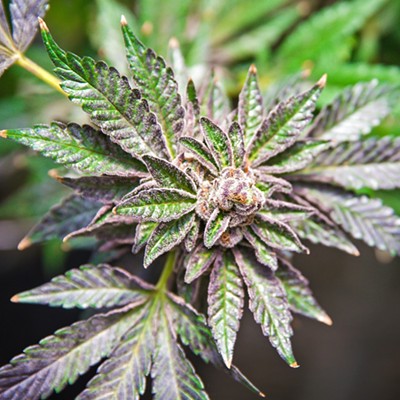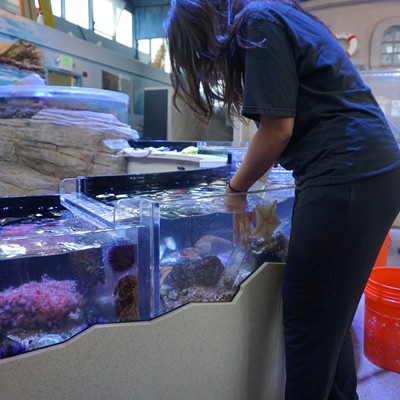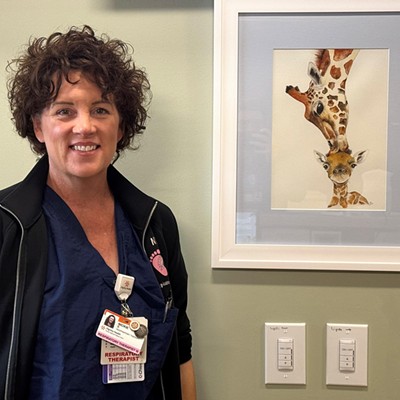A recently approved cannabis cultivation project in the Santa Ynez Valley includes an odor testing and analysis plan that some are hailing as the gold standard for odor abatement in the local marijuana industry.
At a meeting on May 4, the Santa Barbara County Board of Supervisors approved plans for a roughly 30-acre cannabis farm near Buellton in a unanimous 4-0 vote, with 3rd District Supervisor Joan Hartmann abstaining. The long-awaited decision on the Central Coast Agriculture grow comes after nearly two years of back-and-forth between the company, the county, and the Santa Barbara County Coalition for Responsible Cannabis, a group of community members who advocate for the needs of businesses and residents impacted by nearby cannabis grows.
Although the Coalition for Responsible Cannabis appealed the Planning Commission’s recent approval of the Central Coast Agriculture cannabis farm, the organization will not be pursuing further legal action in this case as it has in others. That, according to Marc Chytilo, an attorney for the coalition, is because Central Coast Agriculture agreed to ensure that any odors emanating from the grow are studied, analyzed, and adequately handled.

“That’s the best we can ask for at this point,” Chytilo said.
The odors produced by cannabis cultivation operations are a major point of contention in Santa Barbara County wine country. Some vintners and cannabis opponents in the valley say they’re concerned that organic compounds released from the plants—called terpenes—could taint the taste of the wine. A cannabis farm applicant financed a study last year that suggests this isn’t likely, but the county is looking into funding its own study to examine the issue. Some vintners in the area are also worried that odors from cannabis farms could affect guests’ tasting experiences at their wineries, and a number of Buellton residents say the smell from nearby cannabis farms is noticeable depending on the weather and time of day.
While the county’s marijuana ordinance does reference potential odor issues, supervisors have grappled with how to handle community complaints regarding odor and lacking enforcement options. Though the Board of Supervisors has made some attempts to strengthen portions of the ordinance, Chytilo said, “nothing of the scale that really addresses the impacts of this industry.”
“So we’ve taken to working directly with the growers,” he said.
Through its agreement with the Coalition for Responsible Cannabis, Central Coast Agriculture will conduct analytical testing of terpene emissions at the farm’s property line and in areas that are projected to be most impacted by such odors during harvest for at least two of the next three years. That will help the company determine where its odors are coming from and whether they’re problematic.
Central Coast Agriculture also agreed to conduct best available control technology analyses if it receives multiple odor complaints, which will allow the company to consider all possible solutions. The company will also expand its planting and harvesting notifications to those living in the Buellton area and list potential corrective actions to ongoing odor issues.
“The county of Santa Barbara has failed time and time again to address the needs of the community,” Coalition President Blair Pence wrote in a statement to the Sun. “It was time for the coalition to step up and create solutions, and we did. This agreement will hopefully pave the way for better odor enforcement across the county and lead to a renewed respect for neighbors and local communities.”
In return, the Coalition for Responsible Cannabis promised it wouldn’t sue the county or Central Coast Agriculture over the approval of this particular project, despite several other water and land use complaints listed in its appeal.
Avoiding litigation is the main reason Central Coast Agriculture agreed to the odor abatement plan, according to attorney Matthew Allen, although he said the company doesn’t believe odor will be an issue at this site.
“From our point of view, we are glad we came to an agreement,” Allen said. “We would much rather go and develop data to show that we’re not causing a problem than spend years litigating them.”












